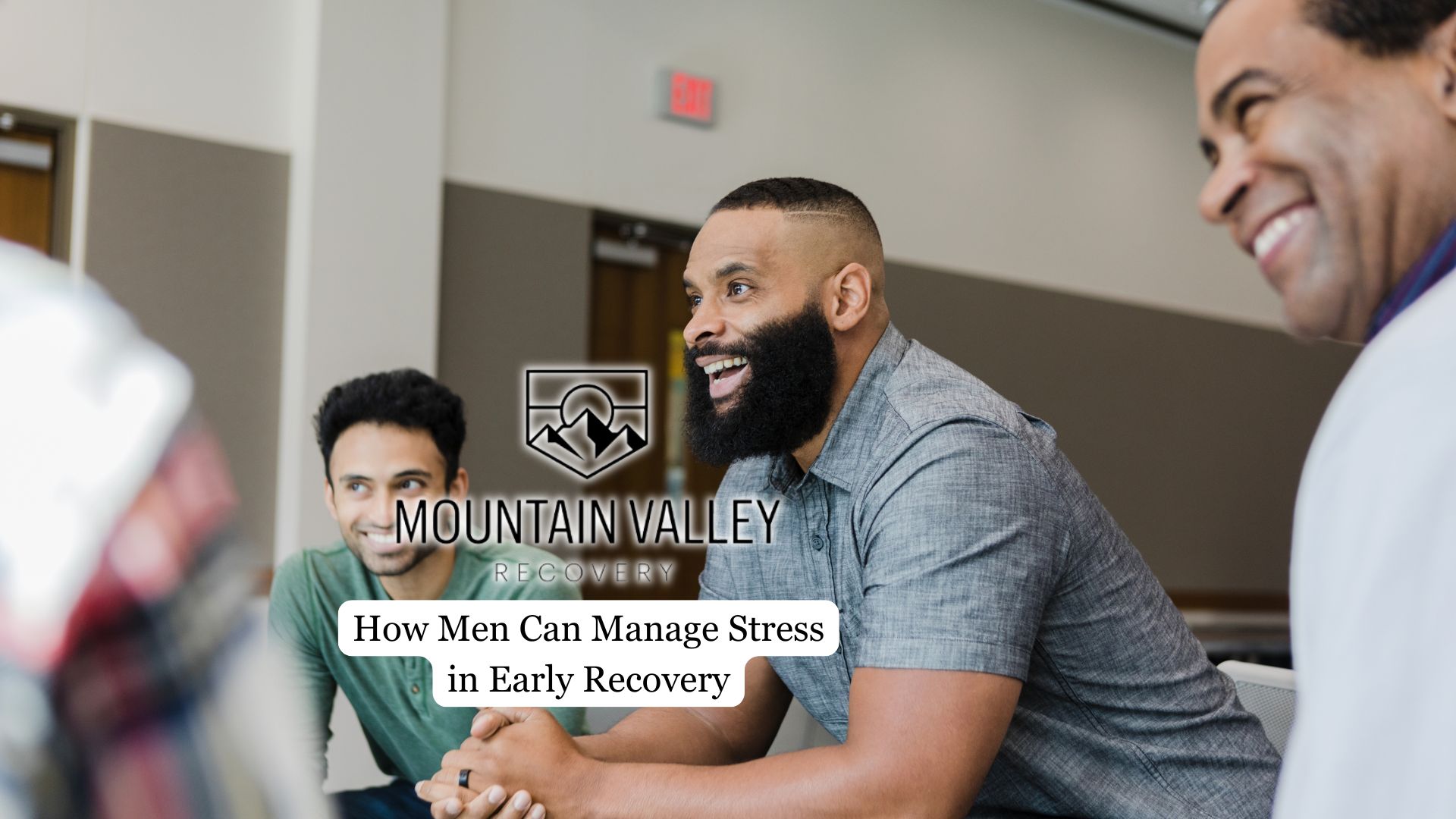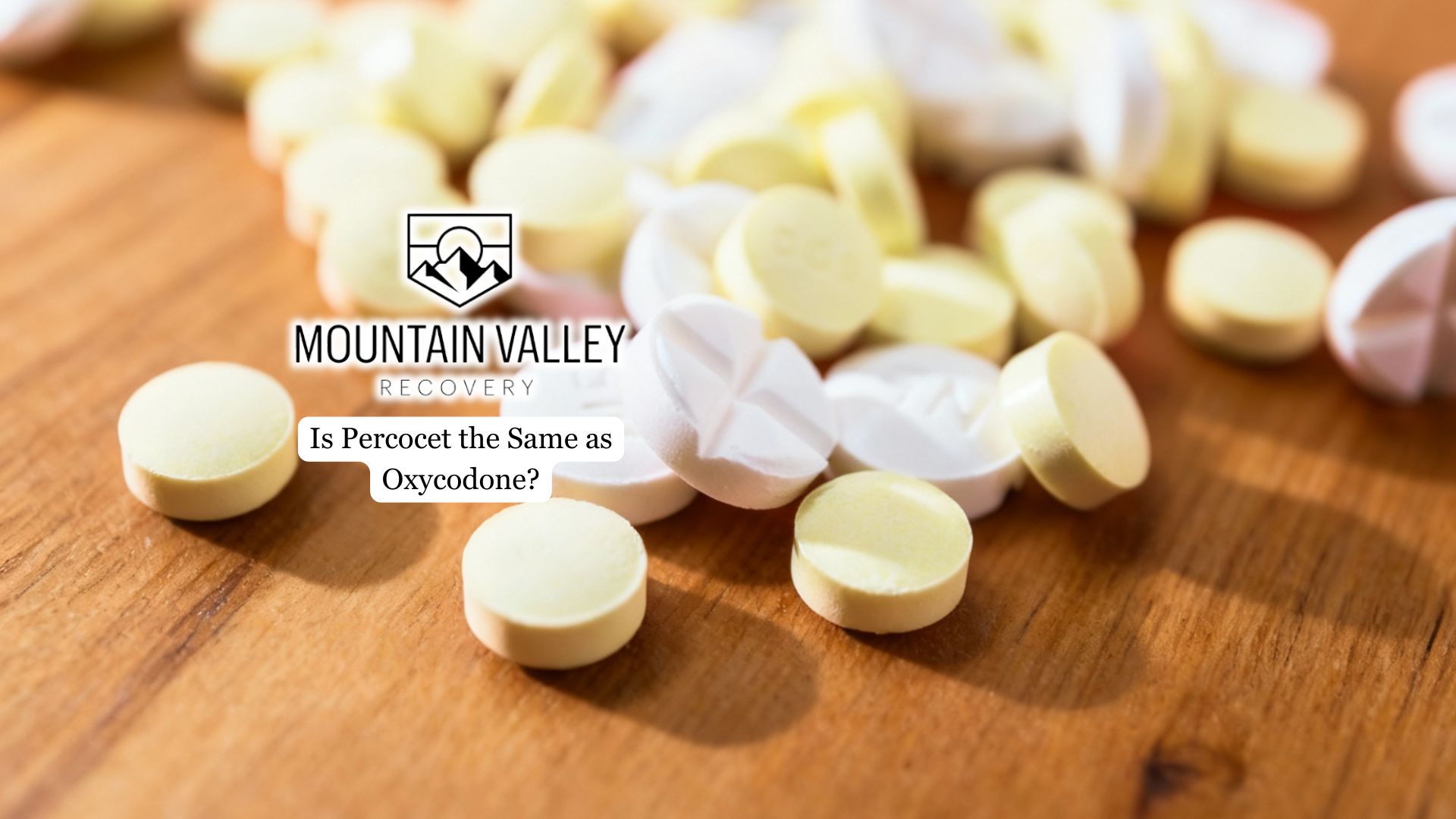The decision between choosing a men’s rehab or a co-ed rehab can have a significant impact on an individual’s recovery journey. Although both options strive to provide comprehensive care for those battling substance abuse, they differ in their approach, environment, and focus.
As we explore the distinctions between men’s rehab and co-ed rehab, we’ll delve into the unique features, advantages, and potential drawbacks of each approach.
Treatment Focus
In a men’s rehab program, you’ll find that the treatment is tailored to address the unique challenges and pressures men face in their lives that contribute to substance abuse.
These gender-specific treatment programs dive deep into male-centric issues, allowing clients to openly discuss topics that resonate with their shared experiences as men. This targeted approach enables more profound connections and conversations among participants, fostering a supportive environment for recovery.
On the other hand, co-ed rehab facilities must maintain a broader focus to accommodate the needs of both genders. While this inclusive approach can enrich the therapeutic process through diverse perspectives, it may also limit the depth of discussions on male-specific issues.
Our men’s only program at Mountain Valley Recovery provides a supportive environment where men can focus on their recovery journey without the potential distractions or complications that may arise in a co-ed setting.
Therapeutic Environment
In a gender-specific treatment center, you’ll find a setting tailored to address the unique challenges faced by men struggling with substance use disorder. This supportive atmosphere encourages open discussions and fosters deeper connections among participants who share similar experiences and backgrounds.
In contrast, co-ed rehab may limit the depth of exploration during group therapy sessions due to the need for inclusivity across genders.
While a mixed-gender therapeutic environment can reflect real-world interactions, it may also introduce distractions related to opposite-gender dynamics, potentially hindering the healing process.

Treatment Approaches
Treatment programs in men’s rehab often focus on male-centric issues, such as anger management, toxic masculinity, and the impact of societal expectations on mental health.
In contrast, co-ed rehab may incorporate a more generalized approach to accommodate a diverse client base.
Group therapy sessions in men’s rehab foster a sense of camaraderie and shared experience, allowing for open discussions about substance addiction and its underlying causes. These sessions can delve deeper into male-specific topics, promoting vulnerability and emotional growth.
Co-ed rehab, on the other hand, may limit the depth of these conversations to maintain inclusivity. Additionally, men’s rehab often employs gender-specific treatment modalities, such as male-focused cognitive-behavioral therapy and trauma-informed care, to address the complex interplay between substance abuse and mental health disorders.
Read more about the impact of trauma-informed care on men in addiction recovery.
Group Dynamics
Men’s drug rehab programs harness the power of shared experiences to create an environment conducive to healing.
In group sessions, you’ll find a level of openness and trust that may be lacking in a co-ed rehab program. Without the presence of female participants, you can share your struggles and triumphs with greater comfort, knowing that your peers face similar challenges. This heightened comfort level allows for deeper exploration of male-centric issues, societal pressures, and emotional difficulties that contribute to addiction.
In contrast, co-ed addiction treatment services may limit the depth of conversations due to the need for inclusivity and the potential for distractions.
Addressing Gender-Specific Issues
Men’s drug rehab programs recognize the importance of addressing gender-specific issues that contribute to addiction. They focus on tackling societal pressures that influence substance use behaviors in men, such as expectations to display strength and emotional control.
In contrast, co-ed rehab may limit the depth of these discussions to maintain inclusivity for both male and female clients.
In men’s drug rehab, group therapy sessions delve into male-centric topics, allowing participants to explore their experiences without the presence of women.
This gender-specific treatment approach fosters increased sharing and vulnerability among clients, as they feel more comfortable discussing struggles uniquely related to their gender.
Considerations for Choosing Between Men’s and Co-Ed Rehab
Your personal comfort level with mixed-gender treatment environments is key, as feeling at ease discussing sensitive topics can greatly impact your recovery.
If you’ve experienced past trauma related to the opposite gender, a men’s only rehab may provide a safer space for healing.
It’s also important to evaluate the potential for distractions in co-ed rehab programs, such as romantic relationships that could complicate your focus on recovery.
Assess your history with substance abuse and addiction to determine which setting best suits your needs. Also, consider the availability of support networks and peer interactions in each environment, as strong connections can enhance your treatment outcomes.
Here we have a list of the factors you should look into when choosing the right addiction treatment center for you:
Final Thoughts from Mountain Valley Recovery
For men looking for a specialized treatment experience tailored to their gender, programs such as Mountain Valley Recovery’s inpatient rehab in Utah provide a unique and personalized approach to addiction recovery. These programs address issues specific to men and foster a supportive brotherhood, aiming to create a safe environment for vulnerability and personal growth.





